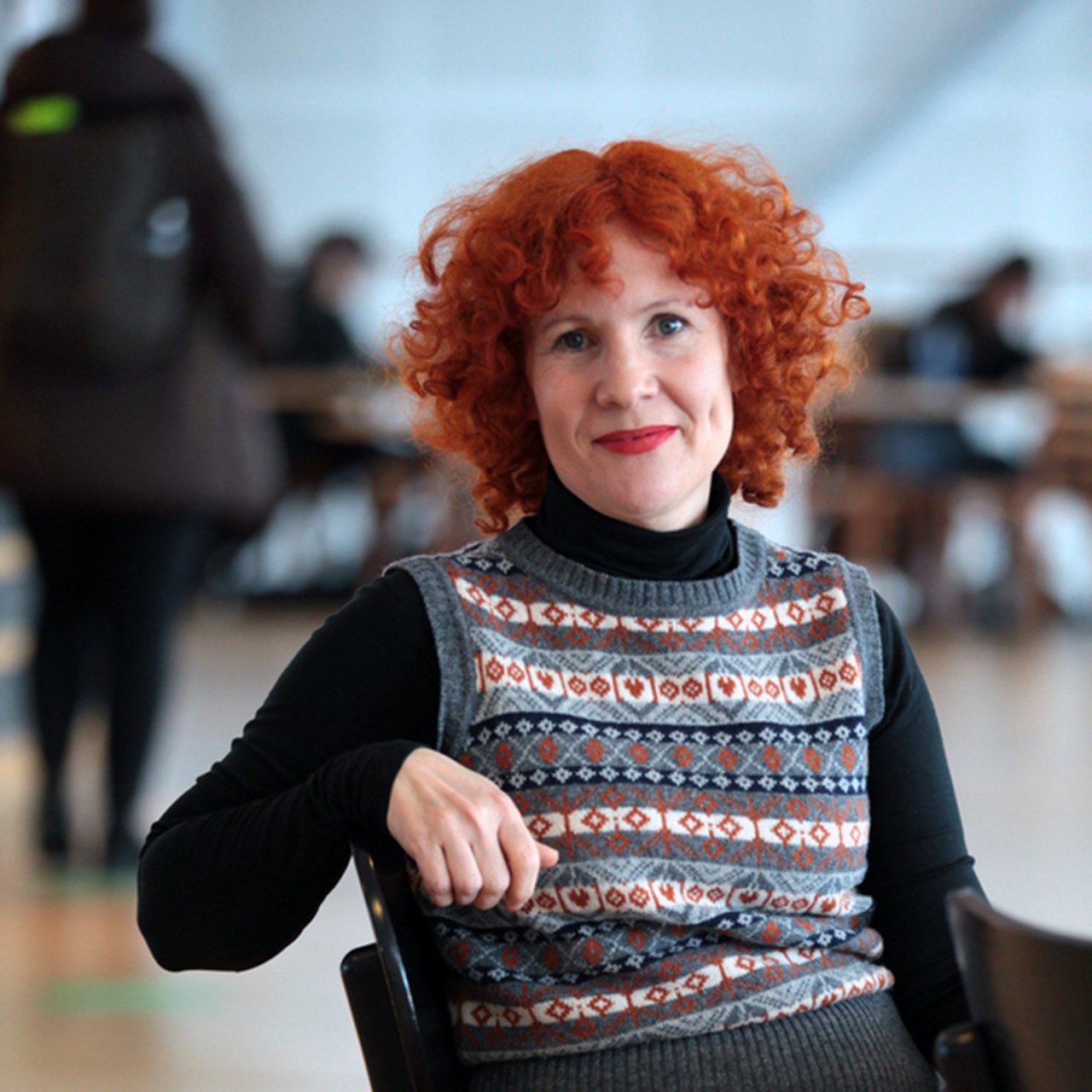Umeå University 60 Years
In 1965, Umeå University was founded. This portrait is one of several that together tell the story of what the university has meant for individuals, society, and the world around us during its first 60 years. See the dedicated anniversary page for more







